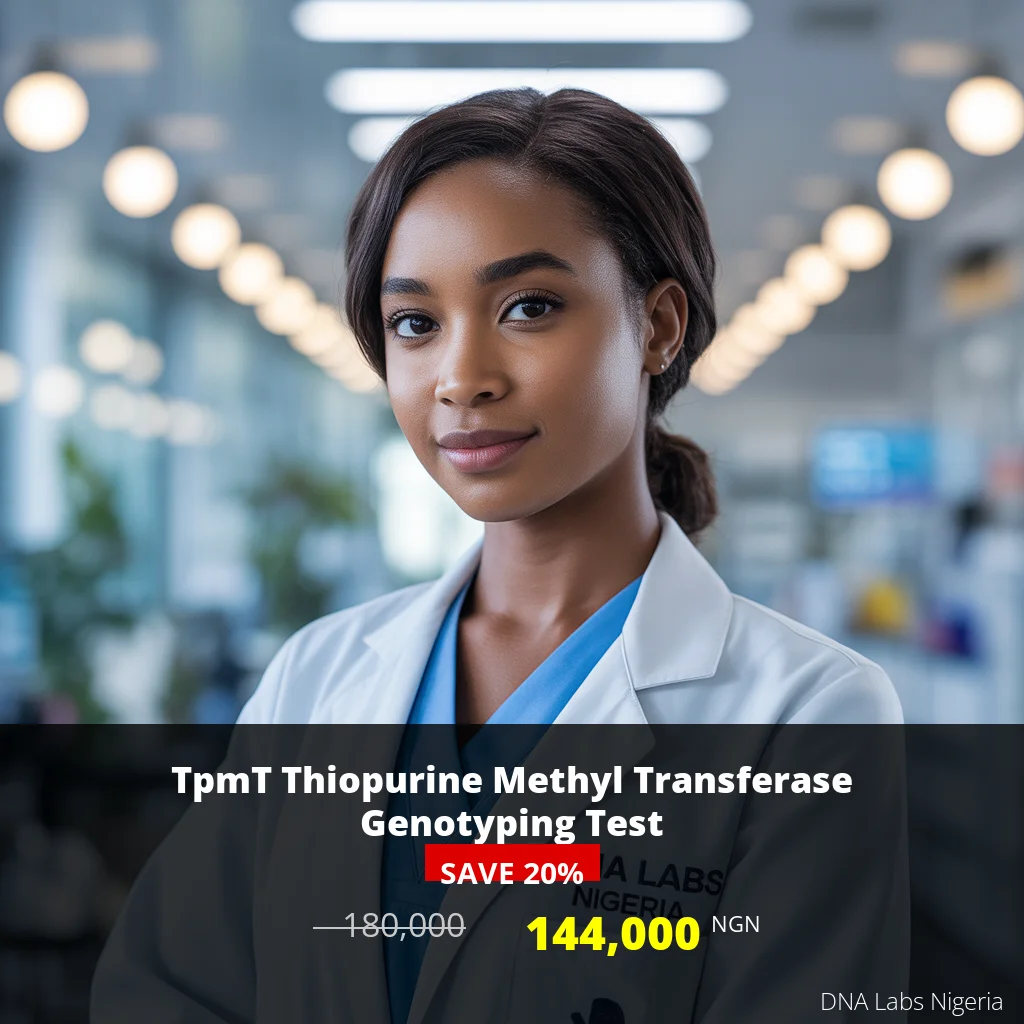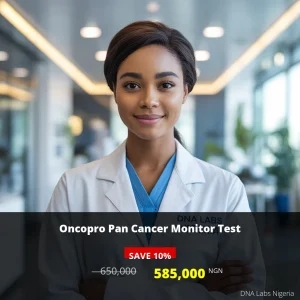TPMT Thiopurine Methyl Transferase Genotyping Test
Introduction to the TPMT Test
The TPMT Thiopurine Methyl Transferase Genotyping Test is a genetic test designed to assess how well your body can metabolize thiopurine medications, which are commonly used in the treatment of certain cancers and autoimmune diseases. Understanding your TPMT status is essential for optimizing treatment plans and minimizing the risk of adverse drug reactions.
What the Test Measures
This test measures the activity of the TPMT enzyme in your body. Variations in the TPMT gene can lead to different enzyme activity levels, which can affect how thiopurine drugs are processed. The test helps identify patients who may be at risk of toxicity or treatment failure due to altered drug metabolism.
Who Should Consider This Test?
Individuals who are prescribed thiopurine medications, such as azathioprine or mercaptopurine, should consider this test, especially if they have:
- A history of adverse reactions to thiopurines
- Autoimmune diseases or certain types of cancer
- Family history of TPMT deficiency
Benefits of Taking the Test
- Helps tailor medication regimens to individual metabolic profiles.
- Reduces the risk of severe side effects associated with thiopurine therapy.
- Improves treatment efficacy by ensuring proper dosing.
- Provides peace of mind for patients and healthcare providers.
Understanding Your Results
Results from the TPMT test will indicate whether you have normal, intermediate, or deficient TPMT activity. Your healthcare provider will discuss the implications of your results and how they will inform your treatment plan. It is crucial to understand these results to avoid potential complications during therapy.
Test Pricing
| Test Name | Discount Price (NGN) | Regular Price (NGN) |
|---|---|---|
| TPMT Thiopurine Methyl Transferase Genotyping Test | 144,000 NGN | 180,000 NGN |
Booking the Test
To book the TPMT Thiopurine Methyl Transferase Genotyping Test, please ensure that you have completed the Genomics Clinical Information Requisition Form (Form 20). Samples should be collected in a 4 mL (2 mL min.) whole blood in a Lavender Top (EDTA) tube. The sample must be shipped refrigerated and should not be frozen.
For any inquiries or to schedule your test, contact us at +2348110567037. Don’t wait; take control of your health today!
Turnaround Time
Samples are collected on Mondays and Thursdays by 11 AM, with reports available on Wednesdays and Saturdays.







